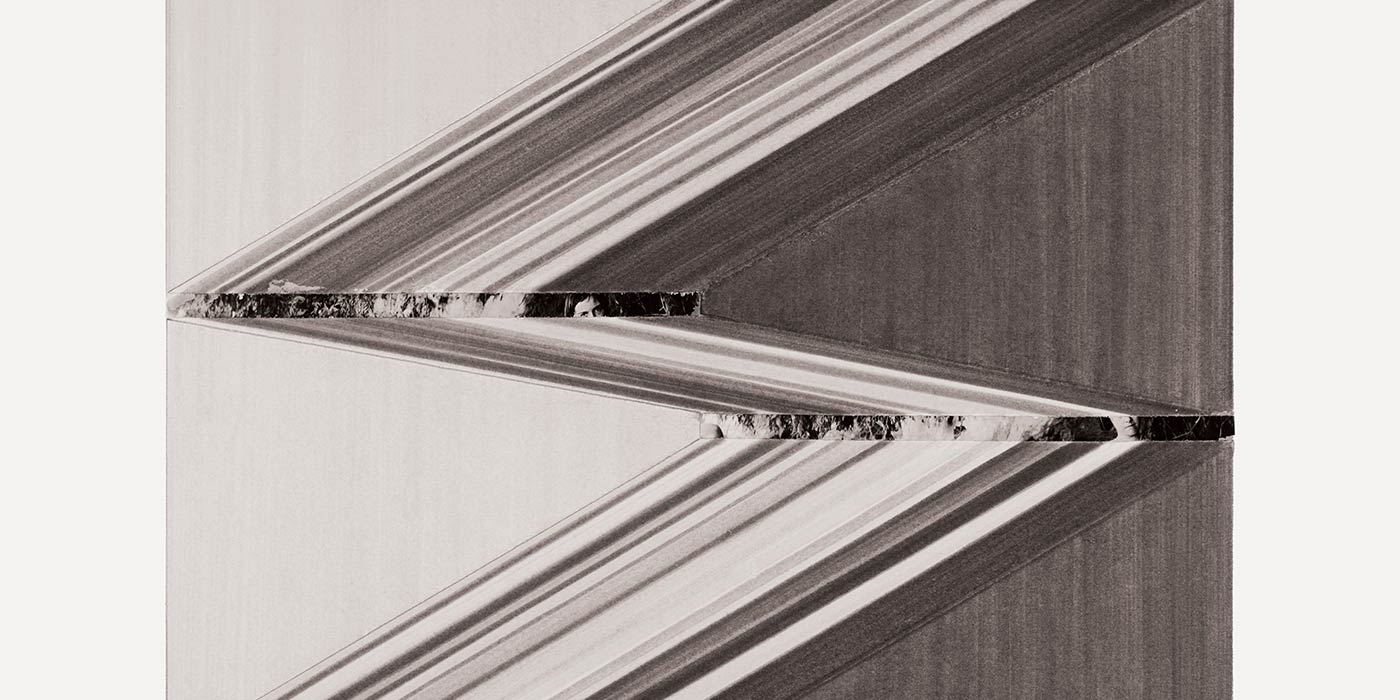During my first listen of Kitsugi, it suddenly struck me that Death Cab for Cutie has reached middle age. This may seem obvious — they’ve been making music for almost 18years now (and I would say I’ve been a listener for about 12of those years), but somehow in all of that time they’ve seemed almost ageless. I don’t mean this in a hyperbolic way, but rather, for me and countless other listeners, Death Cab has always been dependable — a steady production of good, listenable music that has artfully managed to lyricize the lives of a generation.
Kitsugi is that same dependability more grown up, in a bittersweet things-have-really-changed kind of way. Part of this is probably due to the departure of founding member Chris Walla. Though Walla is still somewhat present in the album, having continued to contribute creatively even after he announced that he was leaving, the general sentiment of the album, one of piecing the past together, seems to resonate with his absence. Songs like “You’ve Haunted Me All My Life” and “Hold No Guns” speak to this; they both possess the slow, gentle build and specificity that fans fell in love with back in the days of “Passenger Seat,” yet don’t quite approach the same level of poignant.
In songs like “Good Help (Is Hard to Find),” we hear the band stepping a little bit of their comfort zone, introducing tracks that bops in a way that is extremely reminiscent of pop music from the early ’80s. I can’t say it is my favorite part of the album by any means — a synth line that is meant to be catchy ends up being a bit grating, leaving me longing for the calmer melodies of tracks like “No Room in the Frame.” This being said, I am always a fan of old dogs learning new tricks, which they do in “El Dorado” in their experimentation with a soundscape that seems as if it was created by an orchestra pulled from the future.
Overall, if you’re already a Death Cab fan, Kitsugi will be a welcome addition to your collection. It serves you with a new helping of Ben Gibbard’s eerily relatable lyrics while remaining reminiscent of the albums that gave the band its initial staying power. If, for some reason, you only grew ears yesterday and haven’t heard anything by Death Cab before, I wouldn’t necessarily start here — go pick up a copy of Transatlanticism to build a foundation first. [spacer height=”10px”]



